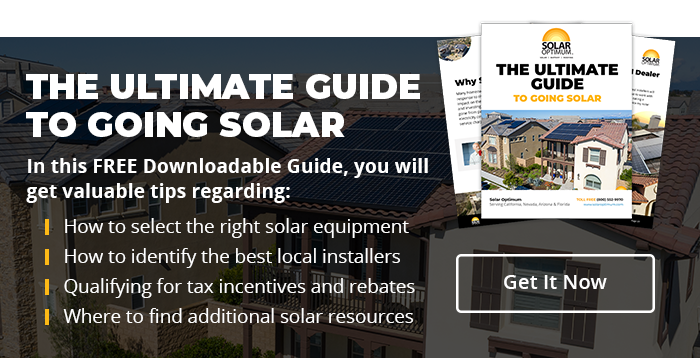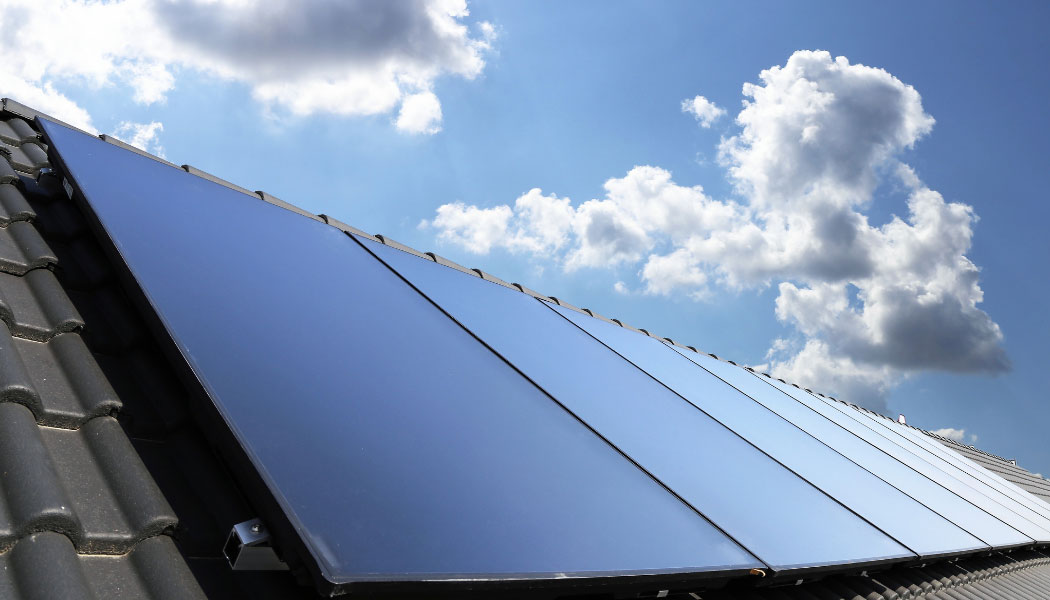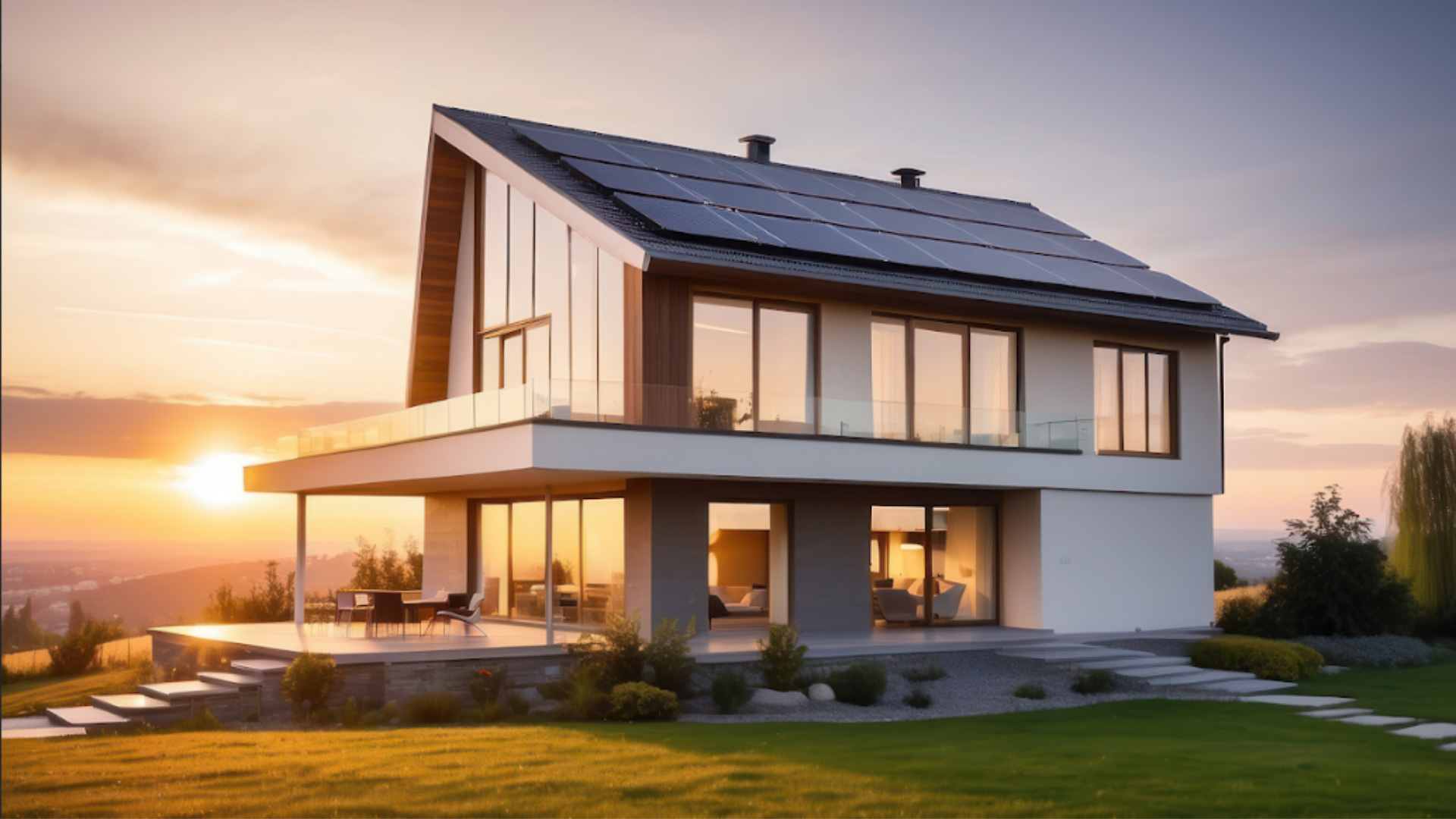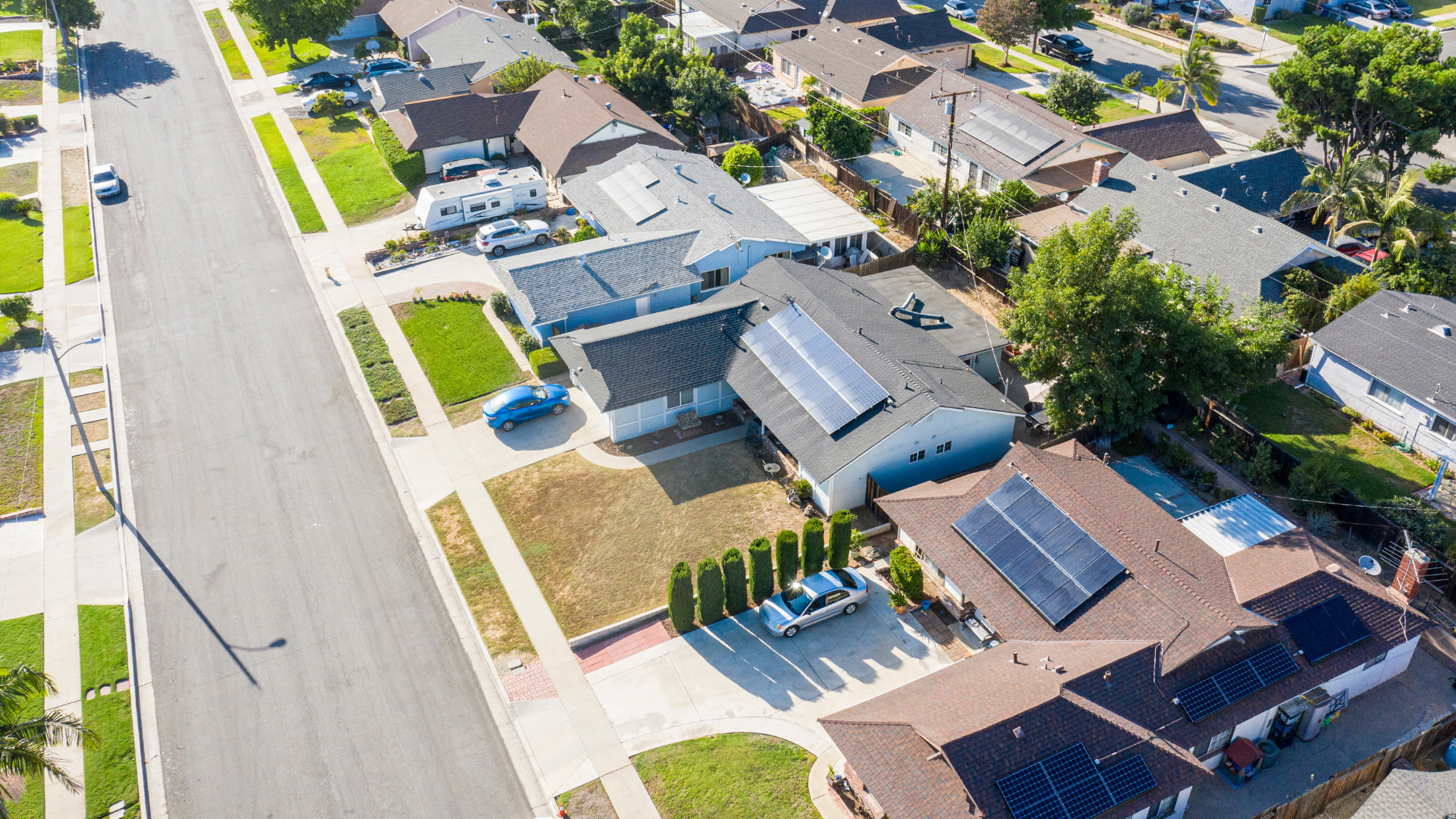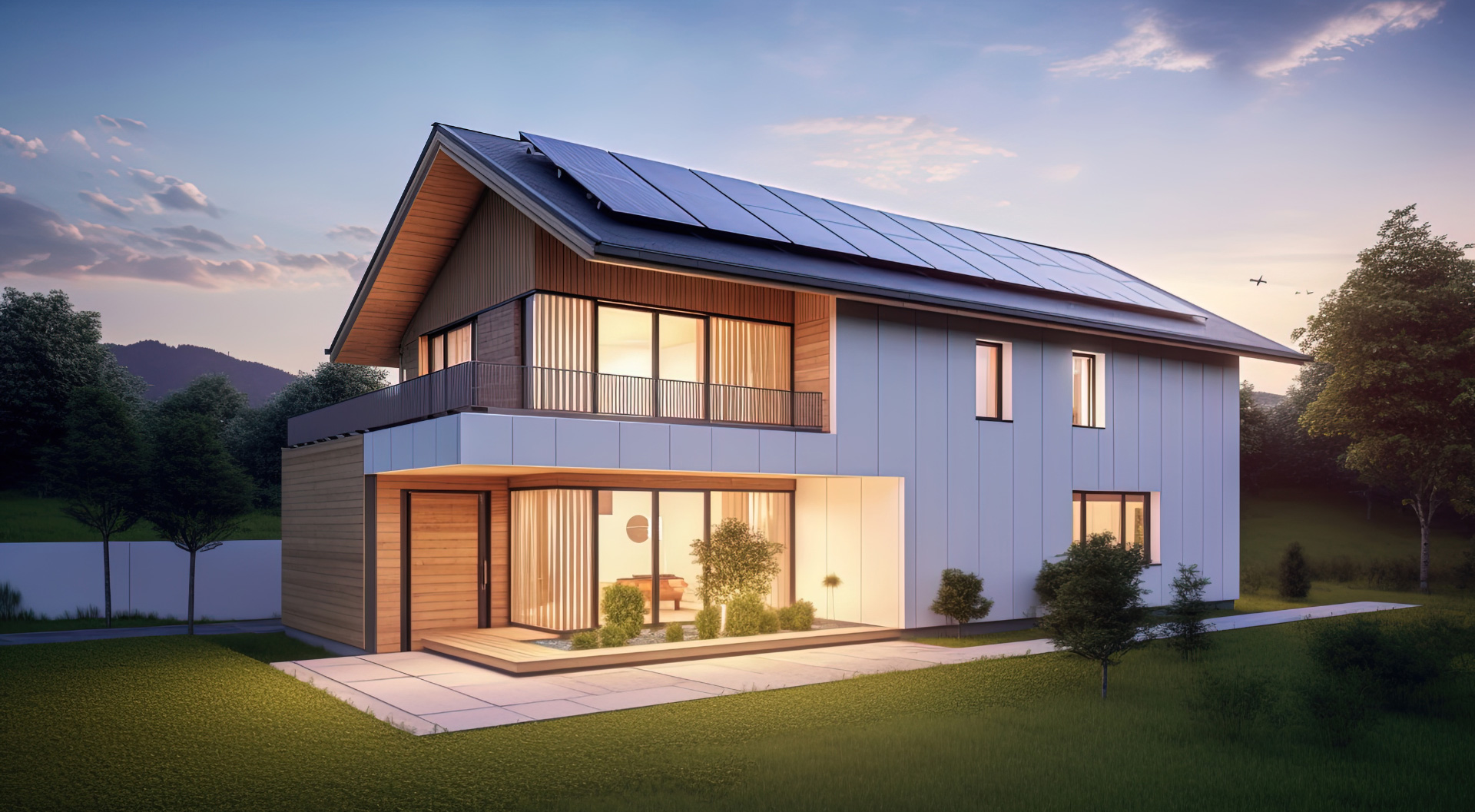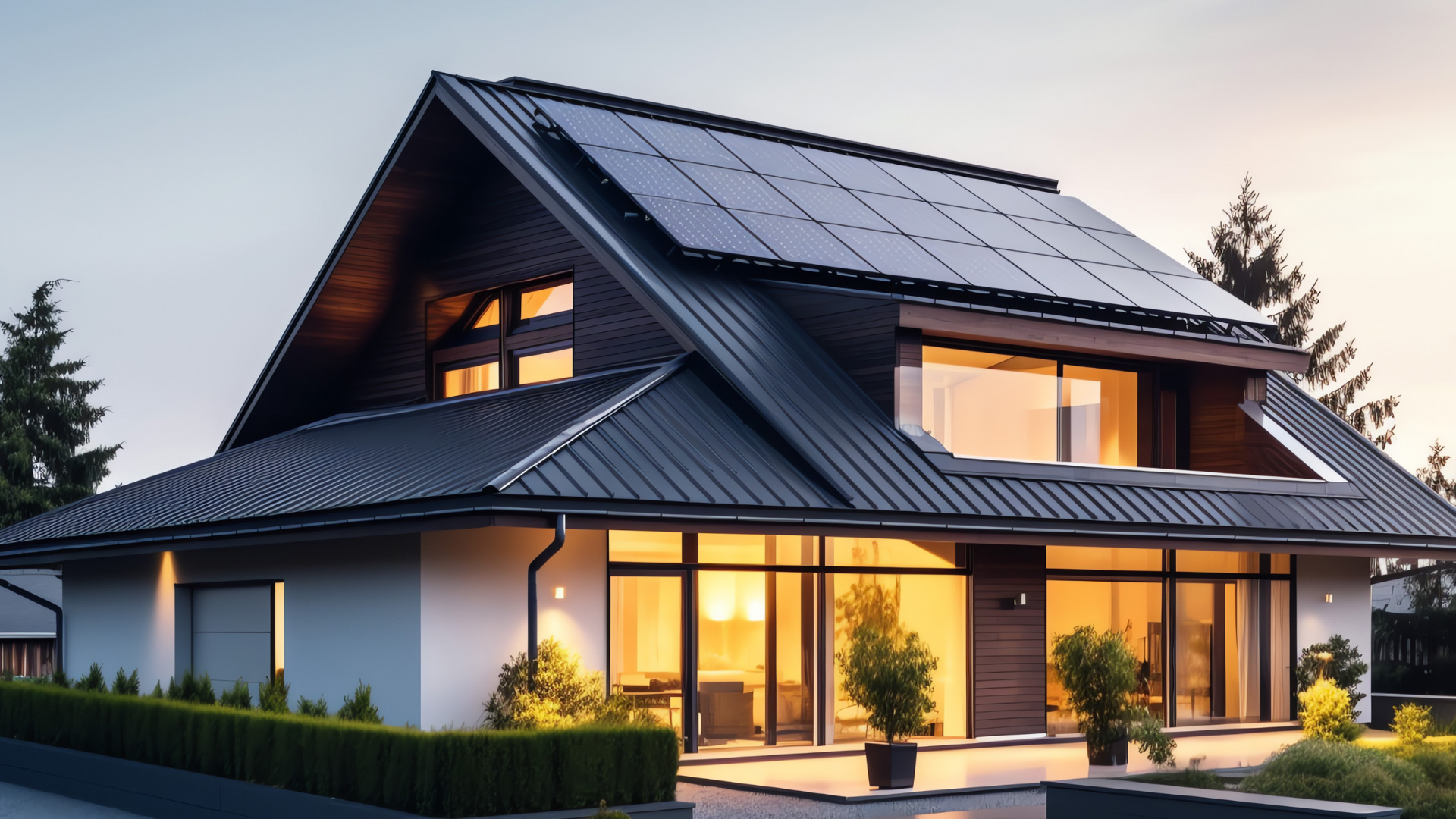QCells is one of the largest solar panel manufacturers globally. The company was established back in 1999 in Germany by a collection of experienced engineers. In 2012, the company was acquired by Hanwha Group and its headquarters shifted to South Korea.
Before purchasing residential solar panels, it’s essential to examine the different types of solar panels available on the market to ensure that you choose the right one. This QCells solar panel review will provide a comprehensive analysis of QCells solar panels, including the warranties and technology involved.
QCells Solar Panel Technology
Since its founding, QCells has made many steps to innovate and improve its solar technology, earning it Tier 1 status as a manufacturer. Over the last decade, the company has focused on its passivated emitter and rear contact (PERC) technology. Solar panels that use the PERC technology have conductive material placed on the back of the cell and a reflective back sheet to harness extra energy from photons that would otherwise scatter. QCells employs a proprietary process to significantly mitigate issues like light-induced degradation (LID) and potential-induced degradation (PID) in their PERC cells.
QCells solar panels also use half-cut solar cell technology, which means that every cell is cut in half. This technology aims to minimize energy loss from shading and increase the surface area for the PERC layer to capture photons.
Performance of QCells Solar Panels
Temperature coefficient is used to measure the performance of solar panels in hot weather. All solar panels’ capacity to produce electricity decreases with every degree that surpasses the 25 degrees Celsius or 77 degrees Fahrenheit mark.
The temperature coefficient of QCells solar panels varies by model but averages approximately -0.34%., which is slightly better than the average of -0.35% for all Tier 1 panels. This makes QCells solar panels a great option for homeowners in hotter climates.
Efficiency of QCells Solar Panels
The efficiency of a solar panel measures how well it captures and converts sunlight to electricity. In other words, a highly efficient solar panel has the capability of producing more electricity under the same conditions compared to one that is less efficient.
The efficiency of most solar panels ranges from 15% to 20%. QCells solar panels have an efficiency of approximately 20% meaning that they have a high efficiency rating. For homeowners, this means you can use fewer solar panels overall to power your home.
QCells Solar Panel Warranties
A solar panel manufacturer should always stand behind every product they produce by providing clients with strong warranties. QCells offers a 25-year warranty for its solar panels, guaranteeing performance throughout the lifespan of your solar panels.
QCells guarantees that their solar panels will not degrade by more than 0.54% annually. Therefore, you can expect your solar panels to operate at at least 85% capacity at the 25-year mark.
Are QCells Solar Panels the Perfect Choice for You?
Hopefully, this QCells solar panel review provided the information you needed to decide if QCells solar panels are right for you. Ultimately, though, the best solar panel for you comes down to your budget, energy use, and long-term goals.
At Solar Optimum, we have more than 15 years of experience in the solar industry, so you can rely on our expertise to help you make the right decision. Contact us today to schedule a free consultation with our Energy Consultants or download our Ultimate Guide To Going Solar to learn more.
